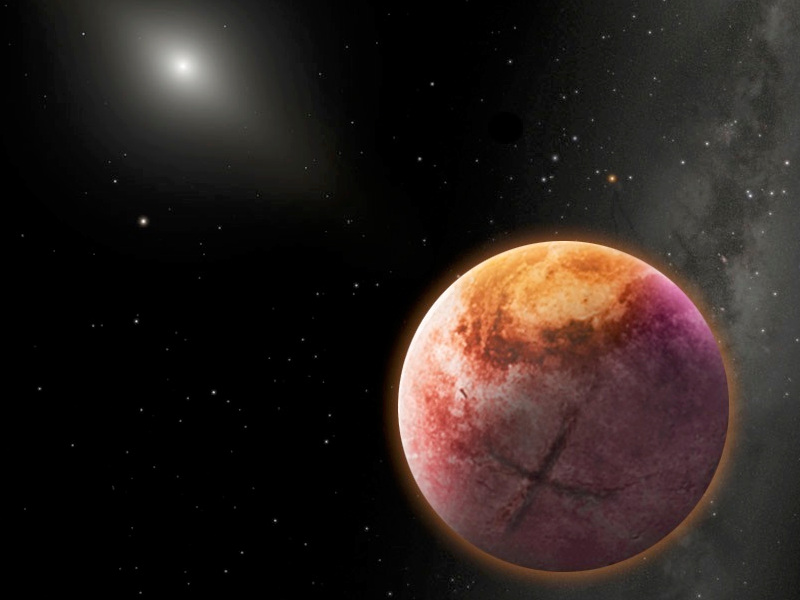The existence of an elusive ninth planet in our solar system, often referred to as Planet X, has intrigued scientists and space enthusiasts for decades. While its existence has not been definitively proven, numerous clues and observations suggest the presence of a hidden world beyond Neptune. In this blog post, we will embark on a journey to explore the enigmatic Planet X, delving into the evidence supporting its existence, the search efforts undertaken by astronomers, and the potential implications of its discovery.
I. The Quest for Planet X The search for Planet X dates back to the early 20th century when astronomers noticed peculiarities in the orbits of Uranus and Neptune. These irregularities hinted at the gravitational influence of an unseen celestial body. Since then, scientists have been on a quest to identify and characterize this elusive planet.
II. Clues and Observations Evidence for the existence of Planet X comes from various sources. Astronomers have observed unusual patterns in the orbits of distant Kuiper Belt objects, indicating the gravitational pull of a massive object. Additionally, computer simulations and mathematical models support the idea of a hidden planet that could explain the observed anomalies.
III. Characteristics and Orbit Based on simulations and predictions, Planet X is believed to be a massive planet, several times the size of Earth, with a highly elliptical orbit. Its distance from the Sun is estimated to be several times that of Neptune, resulting in an extremely long orbital period.
IV. The Search Efforts Astronomers have undertaken extensive searches to locate Planet X. These efforts involve scanning the night sky using powerful telescopes, conducting wide-area surveys, and analyzing vast amounts of data. Techniques such as gravitational perturbation analysis, direct imaging, and studying the behavior of small bodies in the outer solar system have been employed in the search for this hidden world.
V. Implications and Discoveries The discovery of Planet X would have significant implications for our understanding of the solar system. It would shed light on the formation and evolution of planetary systems, gravitational interactions within the outer regions, and the dynamics of celestial objects. The presence of a massive planet in the outer reaches of the solar system could also influence the distribution of smaller bodies and provide insights into the origins of comets and asteroids.
VI. Future Prospects As technology advances and observational techniques improve, the search for Planet X continues. New telescopes, such as the upcoming Vera C. Rubin Observatory, will significantly enhance our ability to detect faint and distant objects. The growing field of citizen science also plays a crucial role, with amateur astronomers contributing valuable data and participating in planet-hunting projects.
Conclusion: Planet X remains an intriguing mystery, captivating the imagination of scientists and space enthusiasts alike. While its existence has not been definitively proven, the accumulating evidence and ongoing search efforts provide tantalizing clues. The discovery of Planet X would revolutionize our understanding of the solar system and offer new insights into the dynamics and formation of celestial bodies. As we continue to explore the outer realms of our cosmic neighborhood, the elusive Planet X may soon unveil its secrets.




















Add Comment